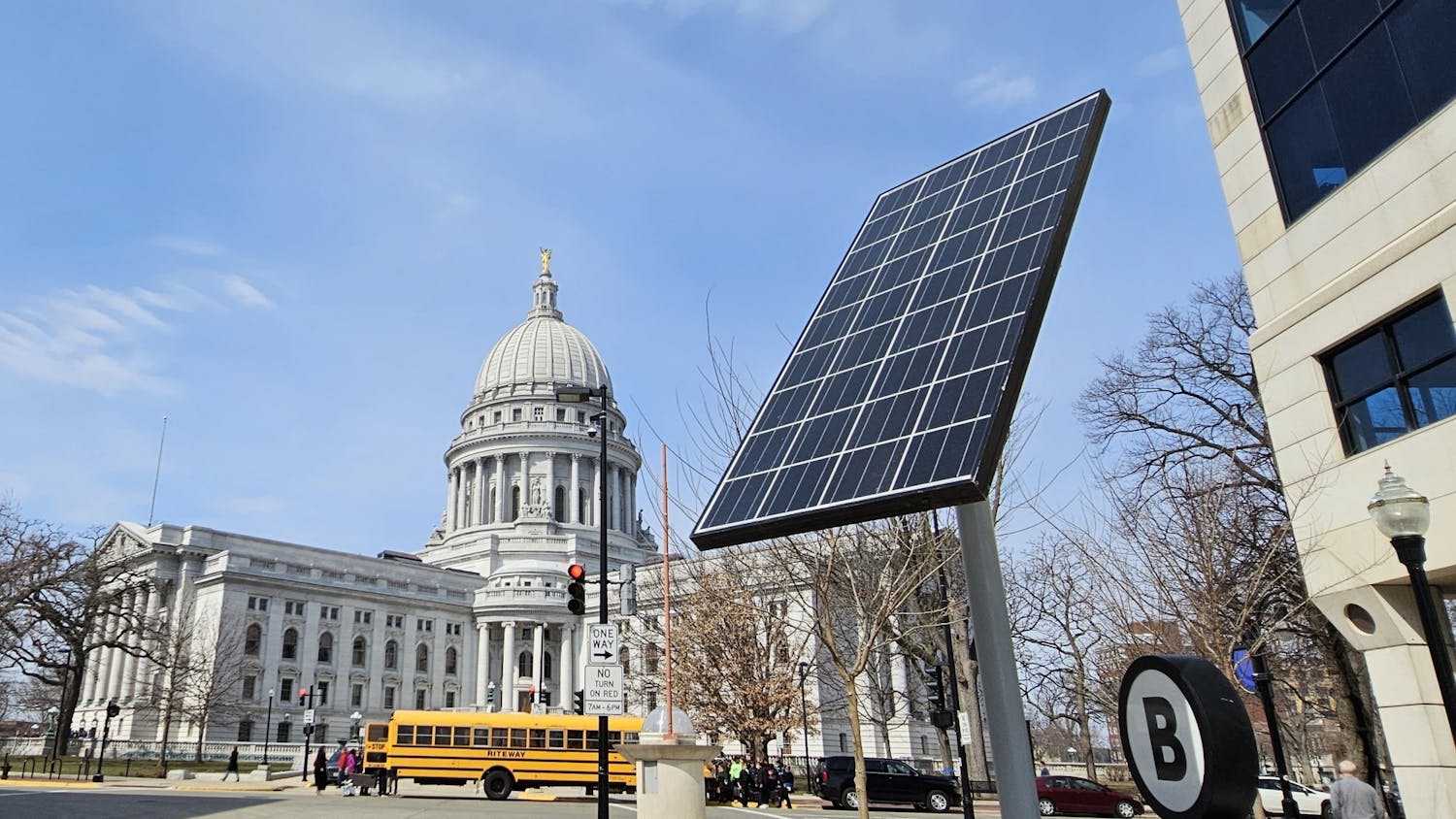The U.S. Energy Department announced that the United States has, for the first time since the end of the Cold War, the ability to produce the necessary plutonium parts used in nuclear weapons.
Officials freely admit that reassembling this capacity is part of more comprehensive efforts by the Bush administration to rebuild the nuclear weapons complex. The focus of the new plan is on new and more sophisticated nuclear weapons, including thermonuclear versions of the much-touted \bunker-busters.""
The premise of the whole issue, and what Pentagon representatives stress is that this is a ""shift"" in nuclear policy-a move from the Hiroshima-style bombs of the past to tactical weapons and limited development and maintenance of traditional strategic nuclear missiles.
Even if you accept the argument that maintaining our current nuclear arsenal and developing more varieties of bombs are legitimate security concerns, there is a huge hole in the logic of why this is happening now.
An exit from the Anti-Ballistic Missile Treaty, talk of a missile defense shield and undertaking a Nuclear Posture Review raise troubling questions about the U.S. commitment to non-proliferation.
The most disturbing aspect is that the controversy over Iraq and North Korea centers on them doing what we have done and are now doing. In 1992, President Bush halted new nuclear weapons development. On the heels of a debate on weapons of mass destruction and the nature of ""civilized"" regimes, clarification is demanded.
We were told that developing weapons of mass destruction undermines stability. How did we go from being an opponent of this to a perpetrator? This ""do as we say, not as we do"" attitude seems starkly counter to Bush's stated goal of creating a more stable world community. And when you combine these efforts for a re-tooled nuclear arsenal with the Bush doctrine of preemptive war you create dangerous possibilities and a dangerous impression on those we seek to deter.
If we are to truly build legitimacy on the issue of WMDs we need to be consistent and if we take a stance against others developing nuclear weapons we need to accept that demand ourselves or, at least, explain why we are exempt.
Central to every introductory international relations course is the idea that as we protect our security, others will seek to protect their security from our newfound capabilities. In the end, everyone ends up worse off. With the instability already rampant, why court even more risk?
According to the Bulletin of Nuclear Scientists, the United States has 7,650 nuclear devices ""ready"" and 3,000 more gathering dust in reserve. Considering our vast current stores and the tenuous world climate, the ""why"" of these policies must be told. These actions must be explained well, lest we create through our missteps the very danger from which we seek to protect ourselves.





